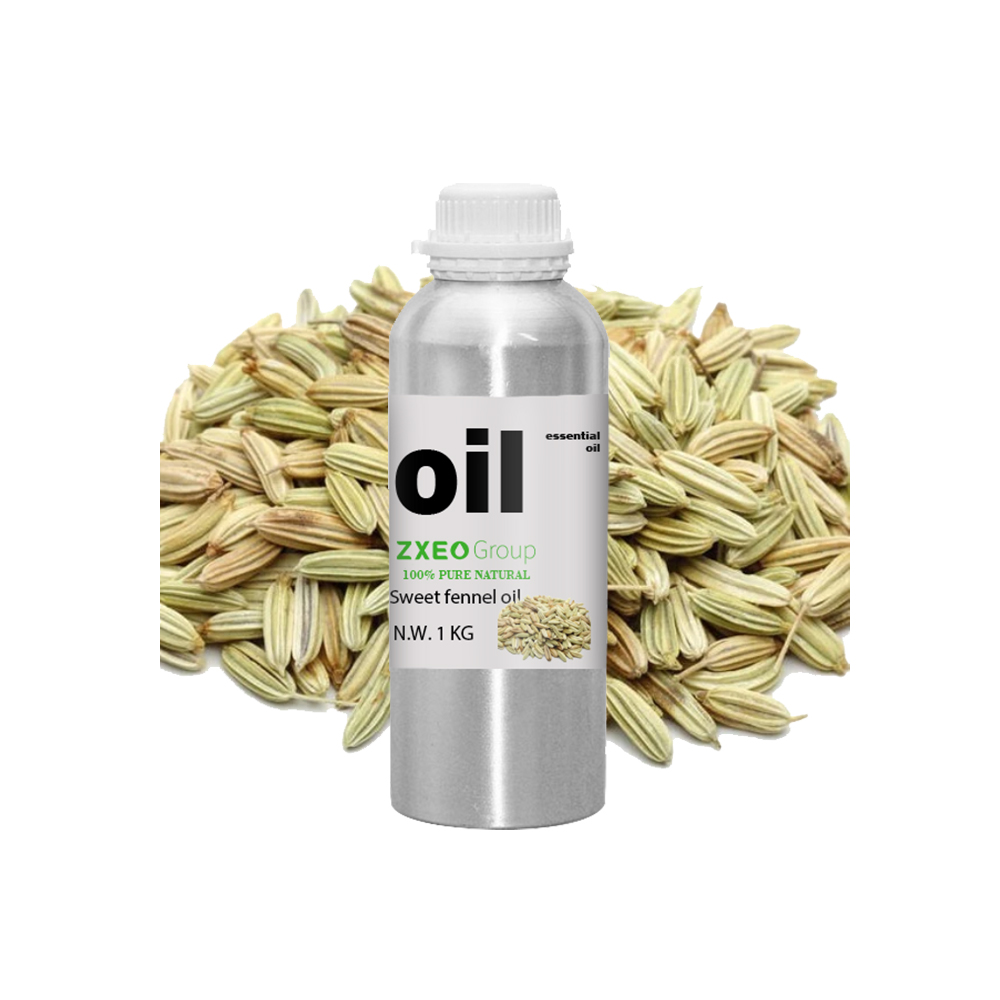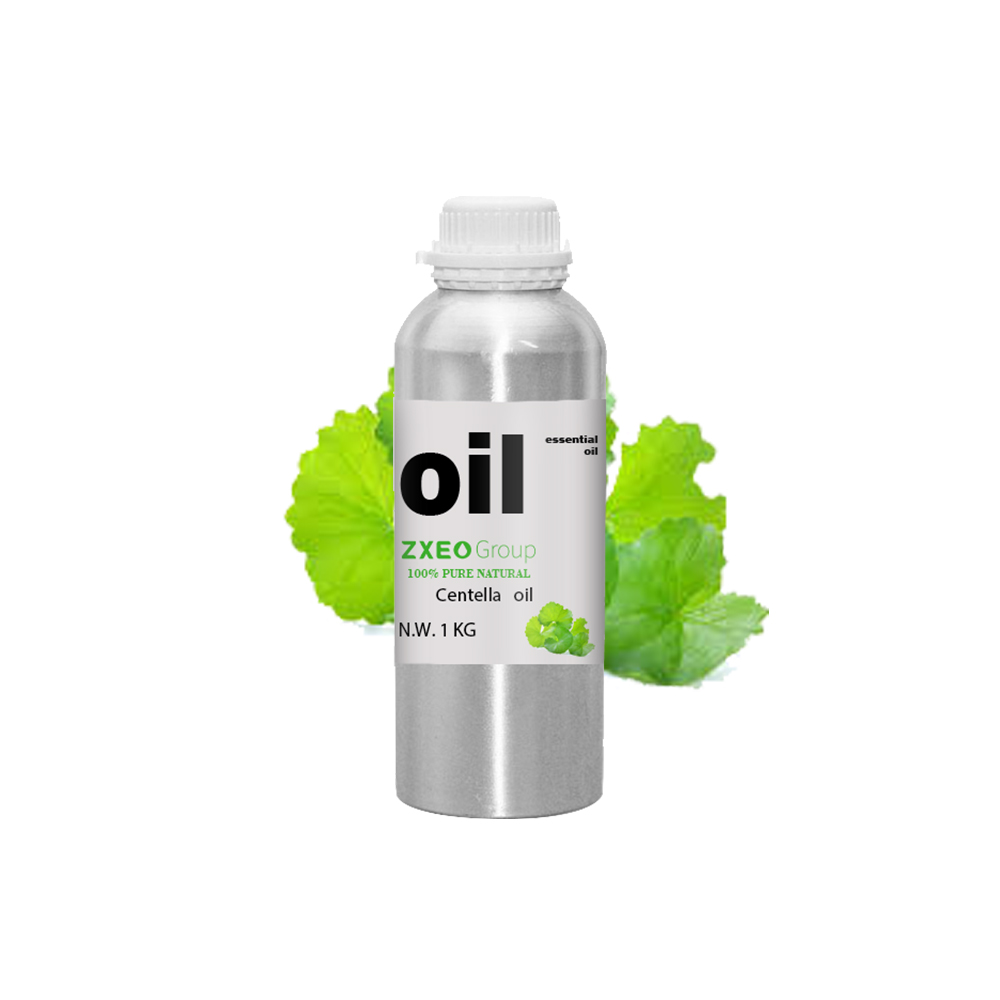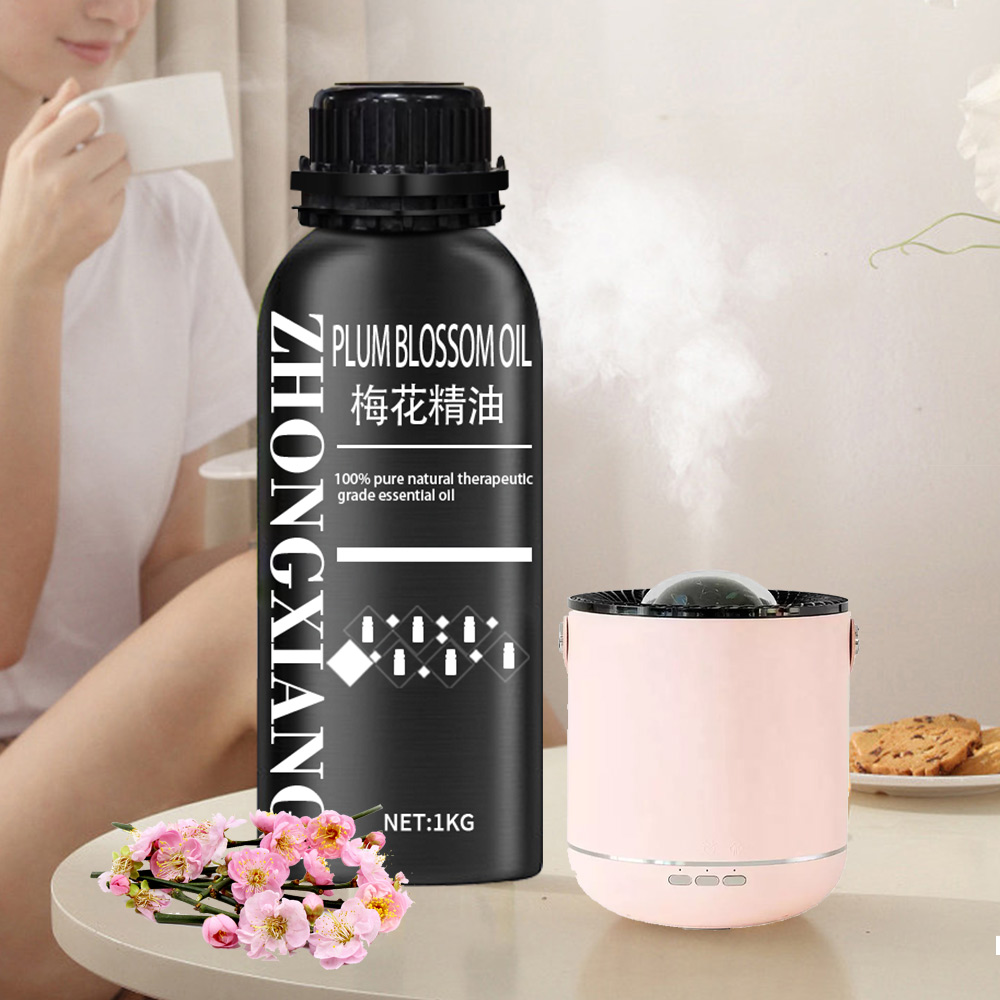Wholesale Price Natural Bulk Clove Extract Eugenol Oil For Sale
Eugenol’s chemical structure is related to phenol. However, the toxicity does not include the corrosive activities of phenol. Ingestion results in vomiting, gastroenteritis, and secretion of mucin, and the resulting systemic toxicity is similar to phenol. There is no study demonstrating acute toxic effects of eugenol by occupational exposure. Few studies in humans reported accidental ingestion of eugenol; toxic effects were observed in the liver, lung, and nervous system, as discussed in mechanisms of toxicity. Overall, the acute toxic effect of eugenol in mammals is low, and the US Environmental Protection Agency has classified eugenol as category 3; the oral LD50 value is > 1930 mg kg− 1 in rodents.
Signs of acute toxicity induced by high doses of eugenol were sloughing of gastric mucosa, capillary bleeding, congestion of liver in canines, and gastritis and discoloration of the liver in rats. The LD50/LC50 values of eugenol and relative toxicities for laboratory animals are listed in Table 1.
















